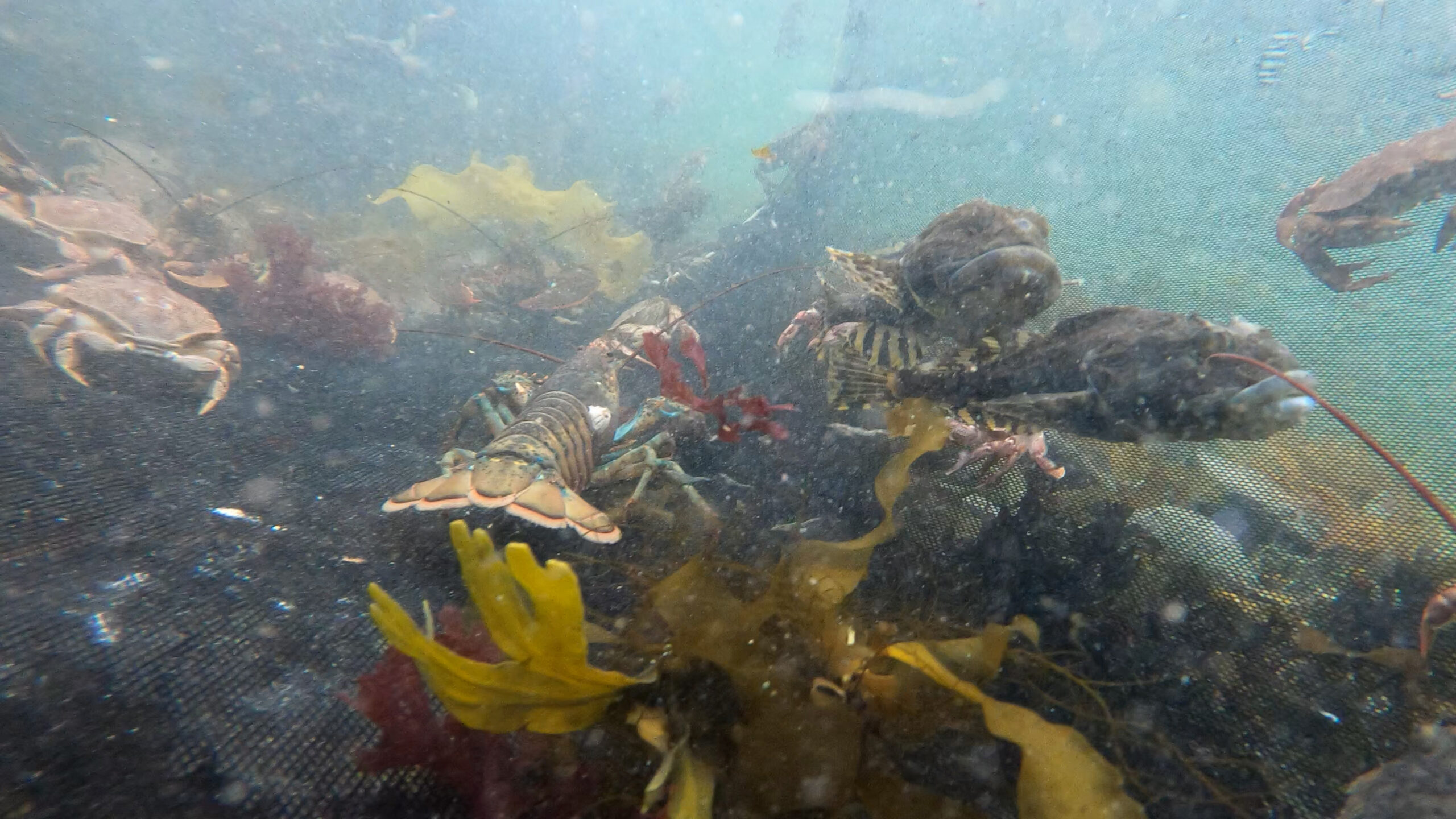
SIZE:
Generally less than 30 cm.
LIFE EXPECTANCY:
Up to 10 years.
LIFE CYCLE:
Sexual maturity is around 4 or 5 years of age.
Alewives are born in lakes or the calm stretches of rivers in late spring. Juvenile fish remain in fresh water until the autumn, during which they swim to the ocean or deeper waters. Adults will return to fresh water in the spring to spawn and then head back out to sea.
The alewife is silvery, sometimes with golden highlights. Its back is greyish green, and it has a black spot at the back of its head. The body is slender, and its head is triangular with large eyes.
In the water column, generally between 56 and 110 m deep; it can go to depths of up to 145 m. As an adult, it can withstand water temperatures of up to 25 °C.
Its habitat varies throughout its life. The alewife lives in salt water and migrates to fresh water to spawn. It is an anadromous fish.
PREYS:
Zooplankton
Shrimp
Small fish
PREDATORS:
Eels
Striped bass
Sea lampreys
Monkfish
Rainbow trout
Spiny dogfish
Salmon
Seabirds
Harmful species?
In the Great Lakes, the alewife, once considered a nuisance, led to the introduction of coho salmon to control it. This, in turn, stimulated sport salmon fishing.
MACHINES:
Trap, gillnet, weir, landing net.
REGULATIONS:
Management of the type of fishing effort:
- Specified fishing seasons
- Limited number of fishing permits
Alewives and blueback herring (Alosa aestivalis) are so similar that statistics combine these two species, and permits are managed together.
Endangered habitats
Since at least the 1980s, the alewife has experienced local declines because of habitat loss and degradation, dams, overfishing, and increased predation by striped bass. Management organizations are working to restore populations through measures such as the construction of fish passageways and restrictions on the type of fishing.
BENEFITS:
A source of protein and omega-3 fatty acids, its flesh is lean and free of significant levels of contaminants.
LET’S COOK:
Rich and slightly sweet taste. Tender and rather firm white flesh.
Although tasty, alewives contain many bones. They are preferred smoked, marinated, or salted. This type of fish can also be used to make fishmeal or be used for pet food.





